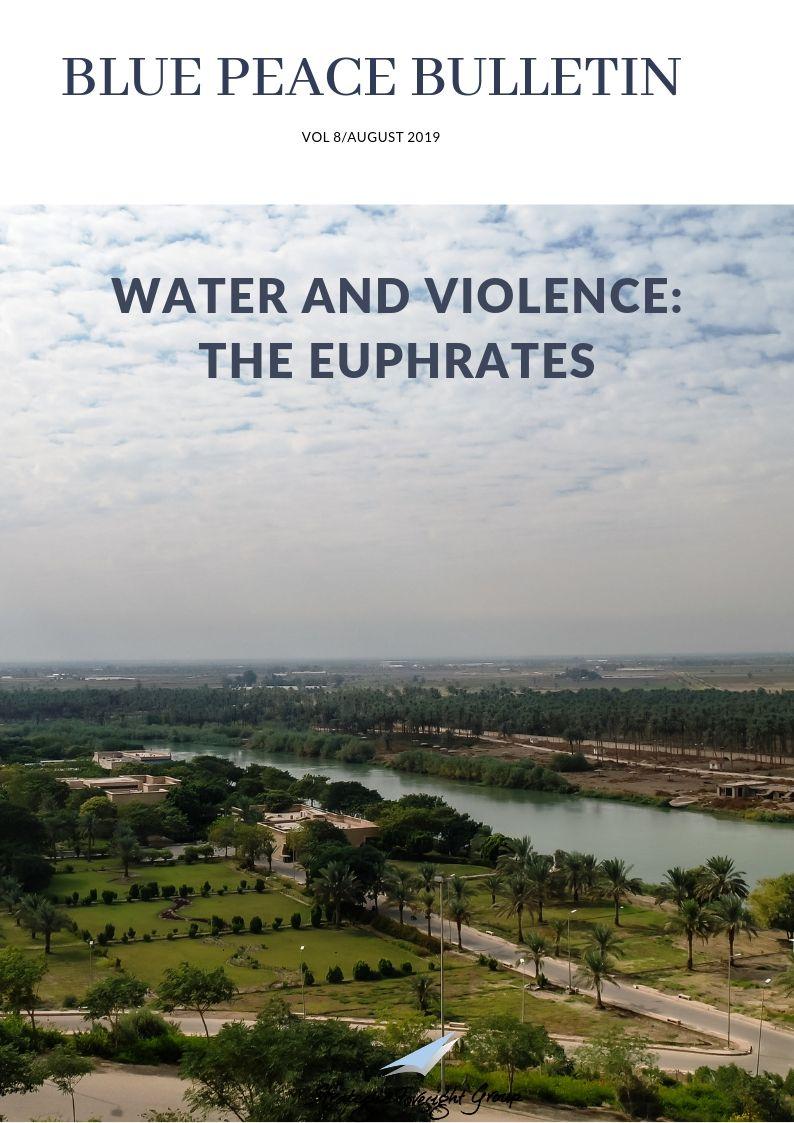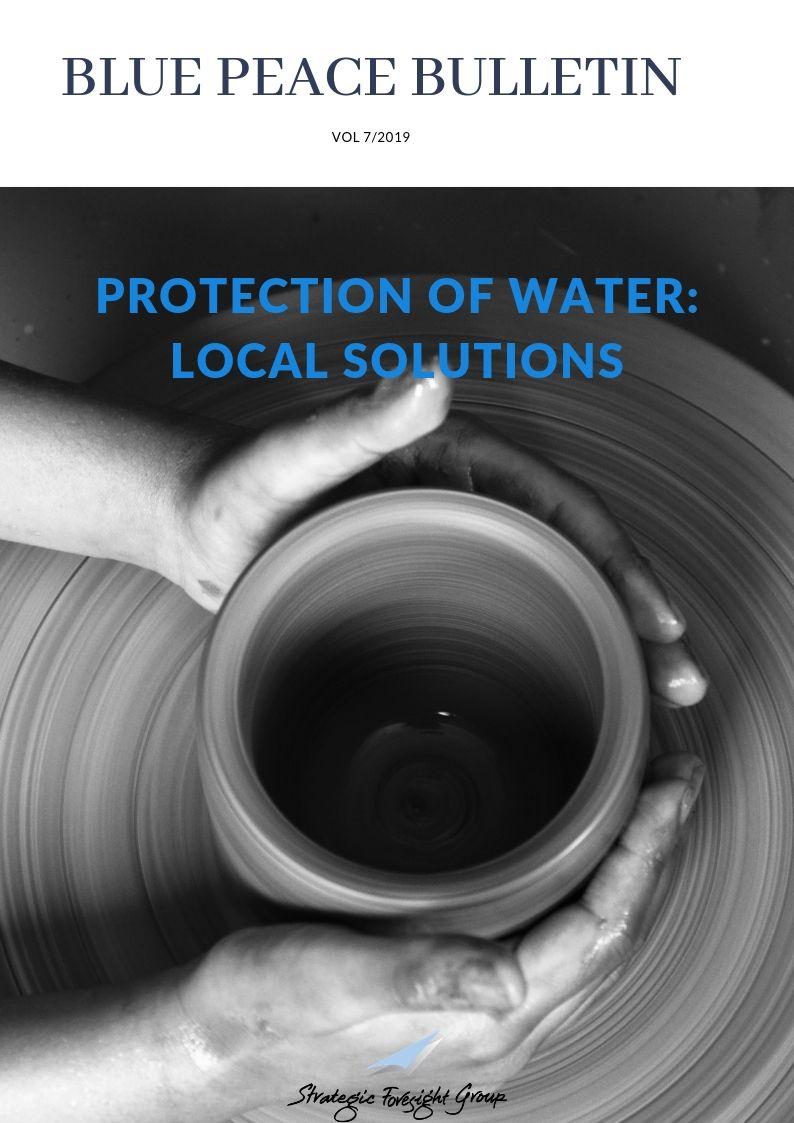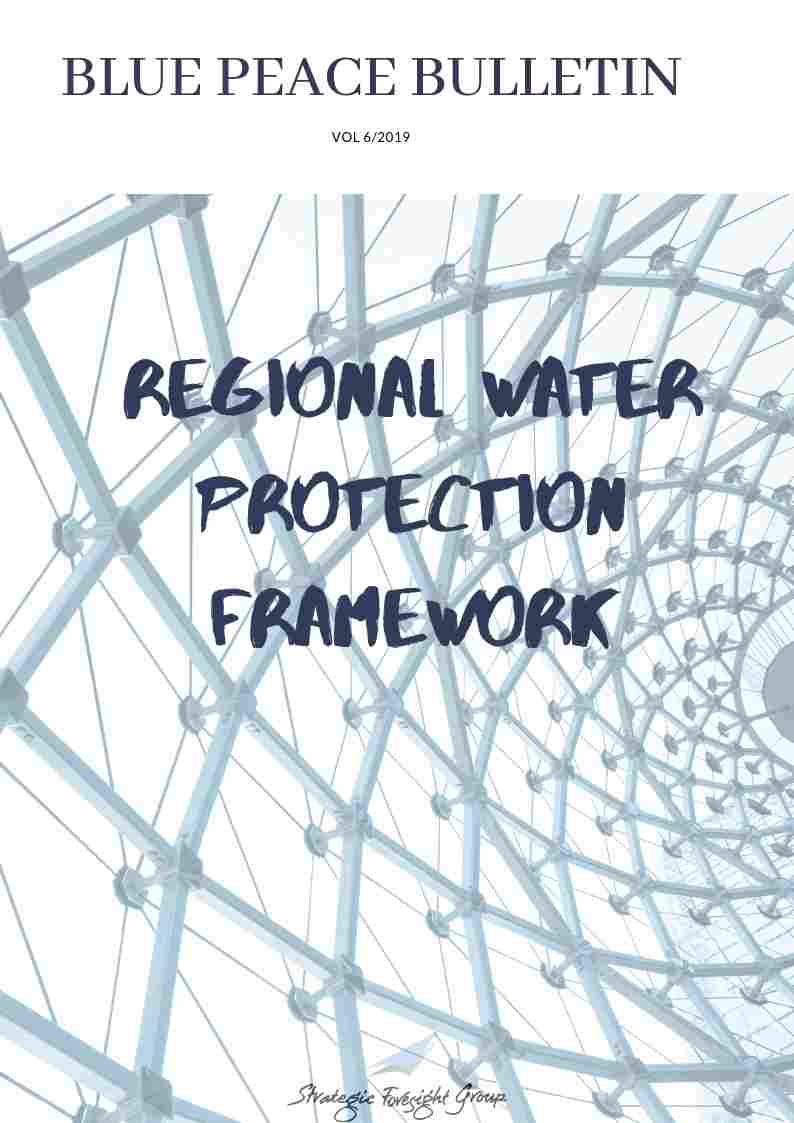Water Wars �€“ The African Angle
|
|
Water
Peace
Diplomacy
Conflict
Environment & Scientific Advancement
Staff Article
Water Security Forum
June, 2009
By Joyanto Mukherjee
|
When President Anwar Sadat signed the peace treaty with Israel in 1979, he said that Egypt would never go to war again except to protect its water resources. King Hussein of Jordan said that he will never go to war with Israel again except over water and the former United Nation Secretary General Boutros Boutros-Ghali had warned that the next war in the area will be over water. Leaders and analysts have always mentioned as to how water could be root cause of major conflicts in the coming years. But is that a reality in today�€™s world? There are firm signs in Africa that this is a very distinct possibility.
It has been accepted that as a result of growing water demand, there is increasing pressure on water resources. This combined with decreased water availability as a result of factors such as climate change and variability, has raised the risks of water disputes which could lead to costly regional conflicts. Analysts have said that water conflicts are inevitable and could be the cause for regional political instability, unless appropriate measures are taken to prevent these conflicts and manage them when they occur. All the above mentioned factors are at work in Africa. And that is the just the start.
In order to understand why Africa is more vulnerable, a brief know how about the country-basin relation is imperative. There are eleven countries which share the Congo and Niger river basins, while there are ten which share the Nile river basin. This reflects the size of population dependent on such basins. The Nile river basin is three million square kilometers in size and this covers about ten percent of the African continent. With approximately 160 million people dependent on the Nile River for their livelihoods and about 300 million people living within the ten basin countries, the pressure on the basin is already huge. It has been said that within the next 25 years, the region�€™s population is expected to double, adding to the demand for water. Except for Kenya and Egypt, all of the basin countries are among the world�€™s 50 poorest nations.
In West Africa itself, the pressure on water sources has been increasing and this is not helped by the growing changes in climate and other issues. The freshwater level in this region is 1% to 3% of the region�€™s total renewable water resource. But it is expected that by 2025, the withdrawal rate will increase by at least six times. Climate change too has hit this region in a very bad manner. Compared to previous decades, it is observed that since the early 1970s, the mean annual rainfall has decreased by 10% in the wet tropical zone, while the average discharge of the region�€™s major river systems dropped by 40% to 60%. As if the pressure of decreased rainfall was not enough, the countries are now busy building and planning more dams in the region. There are plans to build 20 dams on the Niger Dam alone.
The fact of the matter remains that factors such as climate change, pressure on water sources, etc are being ignored by the countries which use these sources. Though the building of dams maybe justified by the owners as means to control water usage, it also means that by building dams, the pattern of water distribution is being tampered with. These countries are already involved in several political debates with regards to water and it always takes a single incident to instigate a full fledged conflict.
It is not as if conflicts have not taken place in the said region. Conflicts ranging from conflict inside the country and conflict between two countries have already occurred. Nigeria was one which faced internal chaos over water distribution, whereas Mauritania and Senegal; Ghana and Burkina Faso and Niger and Nigeria are a few examples of countries who have already been involved in regular face offs.
Africa actually is sitting on a bed of problems, which are directly or indirectly related to water. With many countries dependent on common water sources, it will become difficult for the countries to co-exist if they do not work together to form policies and create alternate solutions. The countries have to realize that climate change is indeed the main problem and not the countries that are located upstream. The general public should also be briefed about the impact of climate change on rainfall and its subsequent affect on water sources. This might not serve to completely nullify the potential of conflicts in the region but it would definitely help in reducing their probability. It would also be necessary for countries to strengthen their water mechanisms as it is these mechanisms which help the individual country monitor and improve its water usage. An increase in bilateral agreements should also be encouraged to keep the probability of water conflicts at bay. Finally, it is important to promote water saving techniques and water demand management in order to decrease the exponentially growing water demand so as to reduce the pressure on the region�€™s freshwater resources. Though these suggestions seem simple and possible, the psyche of the governments has to change to accept and implement changes. If not, then the world would ironically witness it s first major water conflict in a region which has seen all sorts of conflicts except one over water.
Related Publications
Related latest News
Related Conferences Reports
-

An Unprecedented Opportunity:Blue Peace in the Middle East
Download:Stockholm Workshop Report
-

Strategy Workshop on Blue Peace in the Middle East
Download:Strategy Workshop on Blue Peace in the Middle East





